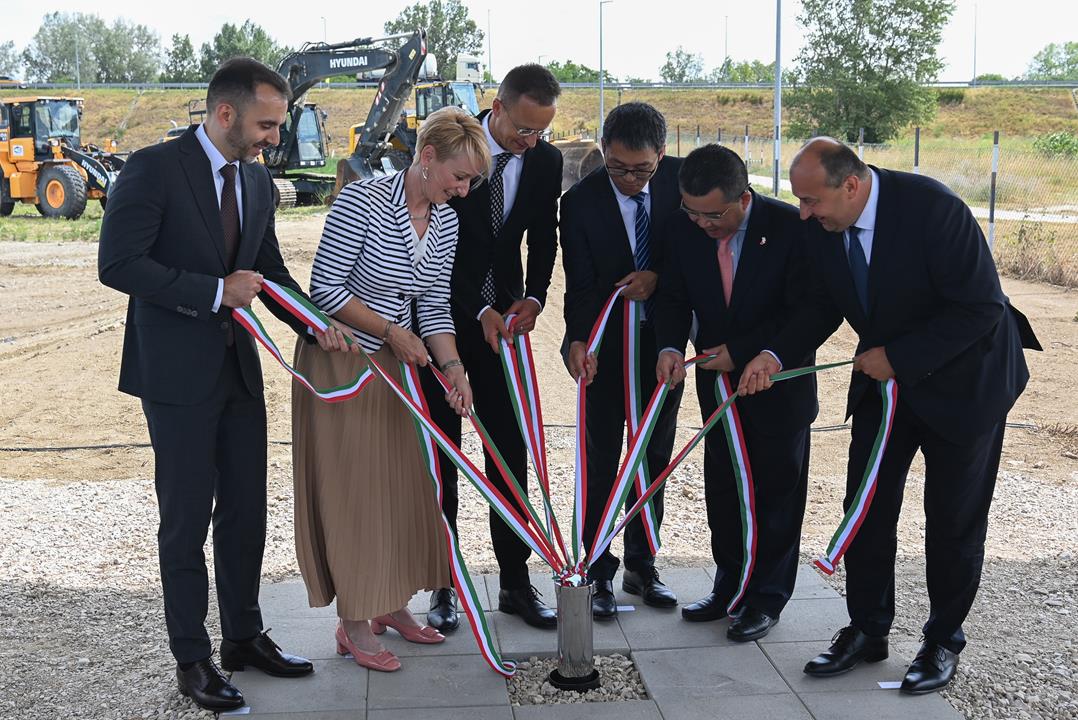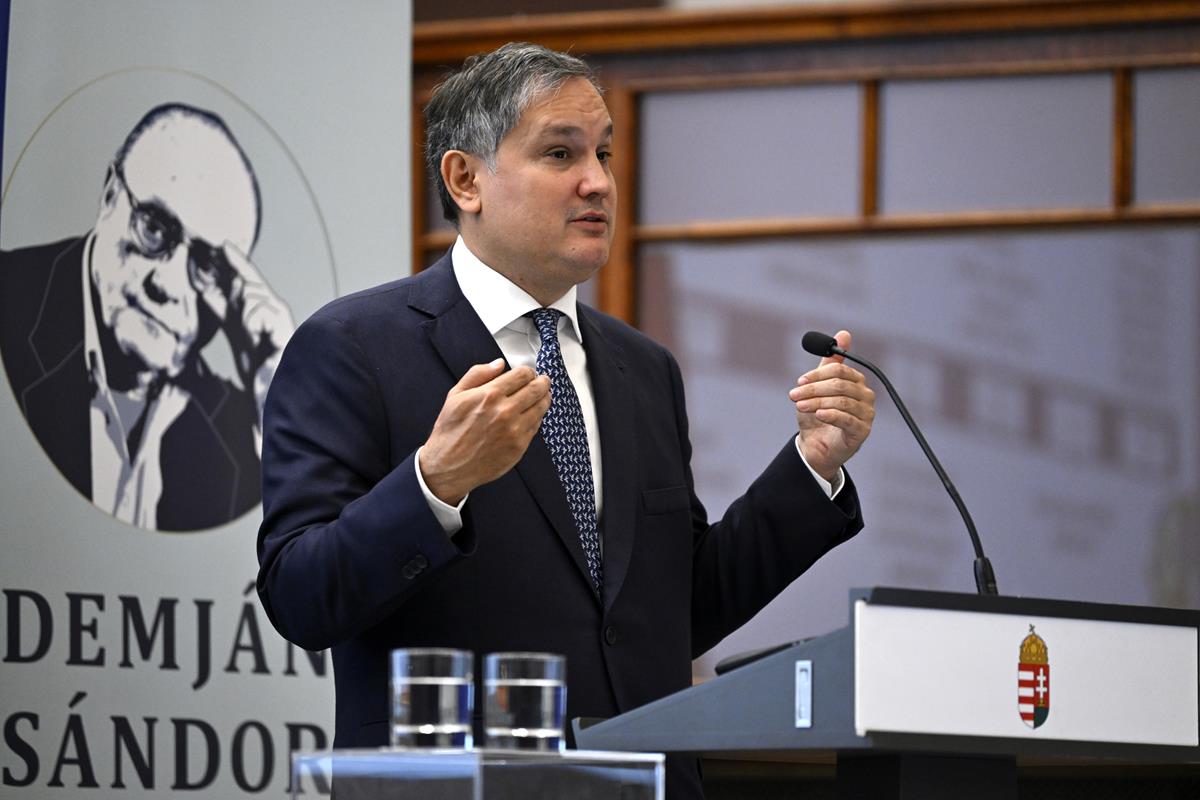Orbán cabinet introduces sweeping changes to foreign investment rules in Hungary

The Orbán government has introduced a significant change affecting all foreign investors by enacting a state pre-emption right on the purchase of Hungarian companies. Experts warn this move could deter even more investors from choosing Hungary as their investment destination.
New decree introduces sweeping changes to foreign investment rules
Until 23 June 2025, the Hungarian Minister of National Econom, currently Márton Nagy, had the authority to annul transactions in which foreign investors sought shares or ownership in Hungarian companies. However, a new government decree effective from 23 June 2025 empowers the state not only to block such transactions but also to step in and purchase the assets the foreign buyer intended to acquire.

How will this work in practice? The decree leaves the door wide open: the state can intervene whenever it deems that national interest is at stake. According to 24.hu, the first decree granting the minister power to block foreign acquisitions was introduced in 2022, following Russia’s invasion of Ukraine. The goal was to prevent a flood of foreign buyers from acquiring Hungarian companies at bargain prices amid the war.
- 40-year-old travel agency in Hungary “murdered” by foreign, loss-making competitor? – check out the details HERE
97% of the transactions were approved before
Since then, parties must notify the government of pending deals, and the minister has up to 45 business days to approve or reject them. The National Economy Ministry has not disclosed how many deals were blocked, but stated that 97% of transactions received approval.
The new decree extends the state’s pre-emption right to all sectors, meaning the government can now acquire any Hungarian company targeted by foreign investors on the same terms as previously agreed. Experts fear this will make investors hesitate before entering the Hungarian market, especially since preparing a company for sale can cost 5 to 7% of its value—a loss if the state exercises its pre-emption right. Meanwhile, market insiders are speculating which major Hungarian company may be put on sale, for which the original regulation had to be amended.
- Orbán cabinet’s new credit scheme could reshape Hungarian rental market
The ministry’s reaction
The National Economy Ministry insists that Hungary remains open to foreign investment and that the decree’s sole purpose is to protect national interests. The ministry emphasised that the pre-emption right safeguards both sellers and buyers: if a deal is rejected, the state buys the assets at the agreed price and conditions.
This bold policy shift signals a more cautious and protective stance by Hungary toward foreign investment, the ministry believes. They acknowledged that Hungary’s investment screening system, rolled out in 2018, was among the strictest in Europe, but said it aimed to protect the interests of the state and citizens as well as supply security. Between 2022 and 2025, eight more European Union member states, including Slovakia, Bulgaria and Romania, adopted similar rules, it added. In Hungary, 62 transactions were screened in 2020, but the number climbed to 162 in 2024, the ministry said. That increase, along with the need for thorough reviews, required an extension of the deadline for completing the screenings, it added.
Read more news about the Hungarian economy!







